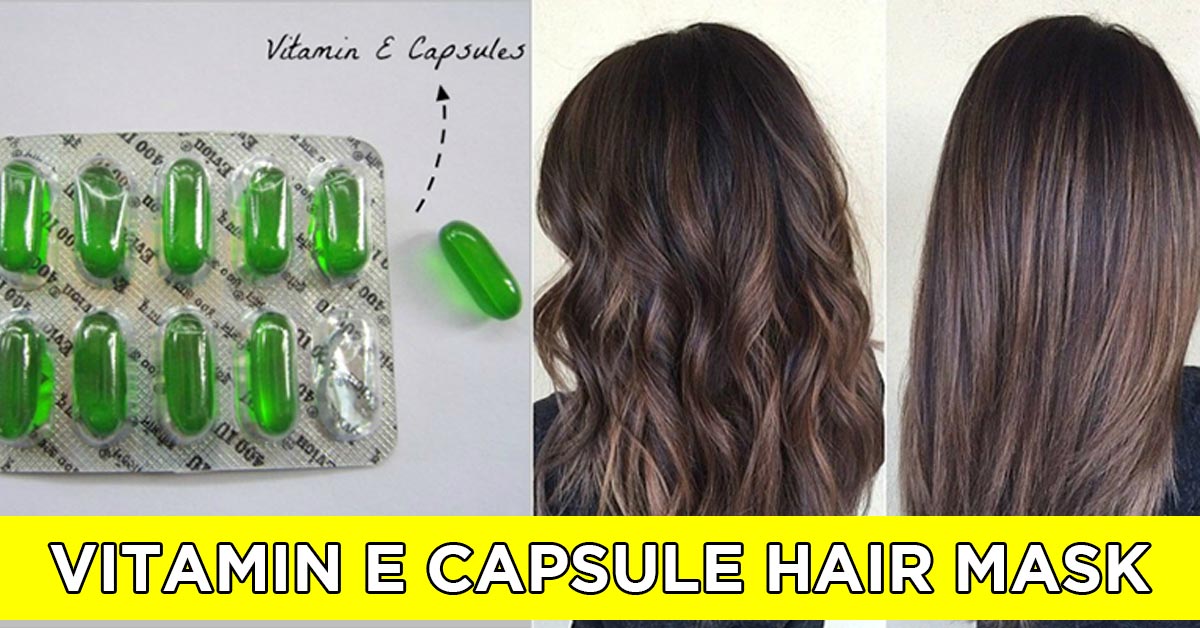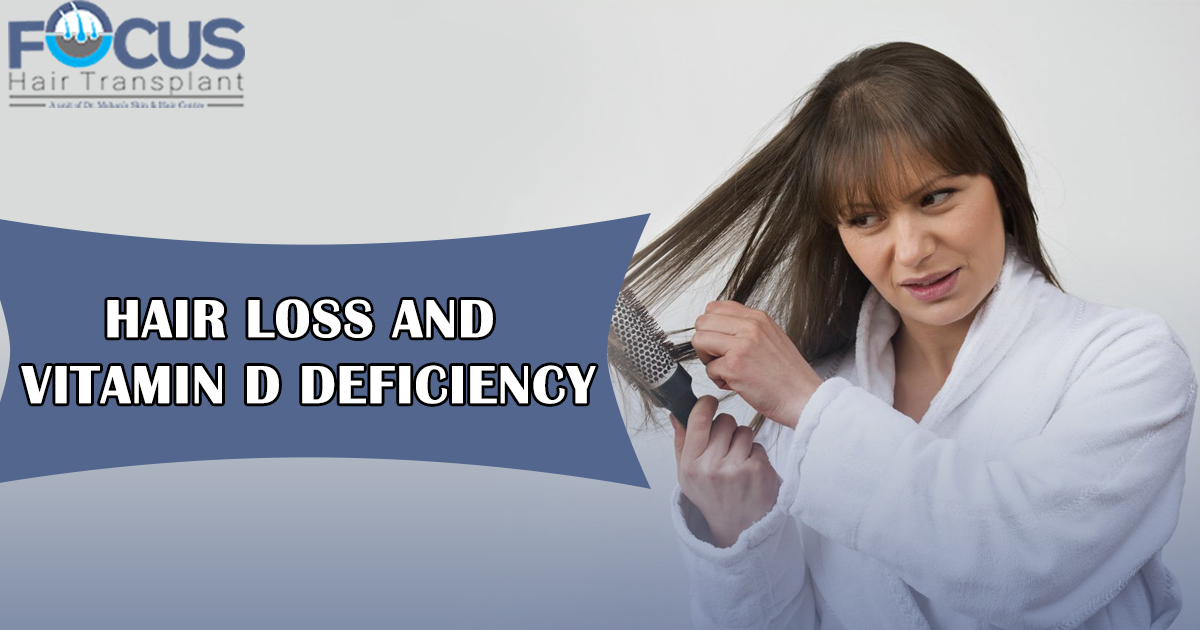
There is also research to suggest that while alopecia areata can occur with healthy levels of vitamin D, its symptoms can be much worse for people with a vitamin D deficiency. Most of the studies in the review found that people with alopecia areata had lower levels of vitamin D. While vitamin D itself may not have a direct link with hair growth, research has shown that having a deficiency can severely impact overall hair health.Ī review in 2019 found enough evidence to suggest a link between vitamin D deficiencies and alopecia areata, an autoimmune disorder that attacks hair follicles, resulting in severe hair loss. And research shows many people are at least somewhat deficient. However, there is good research to show that supplemental vitamin B12 can be beneficial for regrowing hair in people with a deficiency. As with vitamin B12, the evidence to support the use of biotin supplements to increase hair growth in people that have healthy levels is scant. Vitamin B7, also known as biotin, is known to stimulate keratin production in your hair and can increase the rate of follicle growth.Ī study in 2016 found a biotin deficiency in 38% of the 541 female participants who were experiencing hair loss. The Office of Disease Prevention and Health Promotion suggests that adults should get at least 2.4 micrograms of vitamin B12 daily. That said, getting enough B12 is important for overall health. While there have been some studies to suggest that vitamin B12 might play a role in hair health, several studies referenced in a 2019 review found no evidence of a link between B12 levels and hair loss or retention.Īlthough a B12 deficiency might lead to hair loss, the research does not suggest that people without a deficiency can use a B12 supplement to increase hair growth. Some of the first areas to suffer are nonessential areas such as your hair follicles. When you lack B12 severely enough to impact production of red blood cells, your body will use what it has to support essential organs so that you can live. Vitamin B12, also known as cobalamin, is responsible for the production of red blood cells, which deliver oxygen and essential nutrients to all parts of your body, including your hair follicles.

Meat products such as beef, chicken, turkey, and pork.Dairy products such as milk, eggs, and yogurt.Livers from beef, pork, lamb, or chicken.Leafy greens such as spinach, collard greens, turnip greens, and romaine lettuce.Seafood such as salmon, oysters, clams, mussels, and trout.Some of the best foods for obtaining B complex vitamins include: Because of this, it's important to maintain healthy levels of B vitamins via your diet. There has been plenty of research into the link between B complex vitamins and hair loss.ī vitamins are water soluble, which means that the body will excrete whatever it does not use in your urine. Multiple B Vitaminsī vitamins are essential for helping your body to regulate metabolism and to maintain your central nervous system. Simply increasing your nutrient intake should help your hair to return to normal.

If that’s the case, reversing it can be an easy fix without the need for complex surgeries or prescription hair loss medications. If you're currently experiencing hair loss, it may be the result of a vitamin deficiency. Making sure that you get enough of these vitamins will help to keep your hair healthy, long, and strong. While there's little evidence to suggest that individual vitamins––in excess––will encourage your hair to grow faster, there's plenty of research to suggest that a deficiency in certain vitamins can result in thin, brittle hair and even hair loss.


 0 kommentar(er)
0 kommentar(er)
